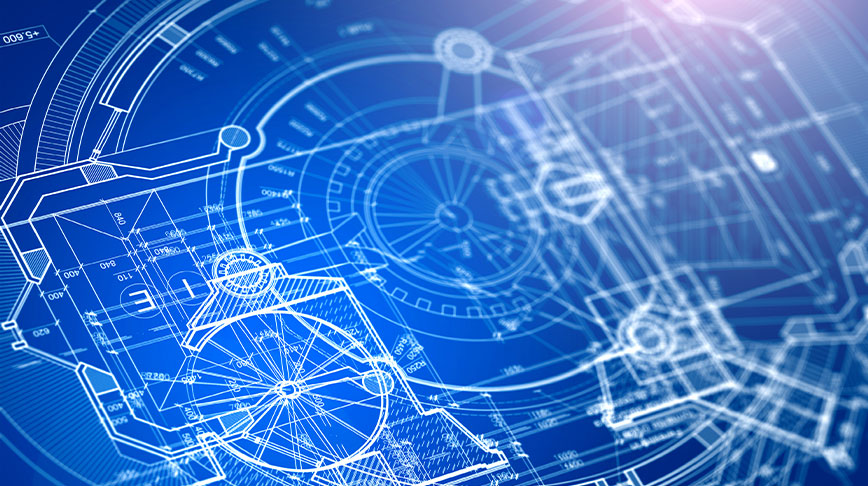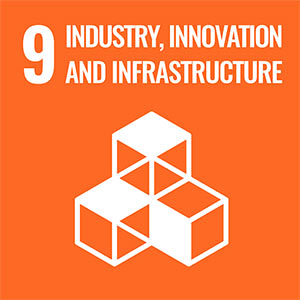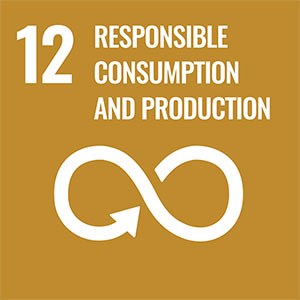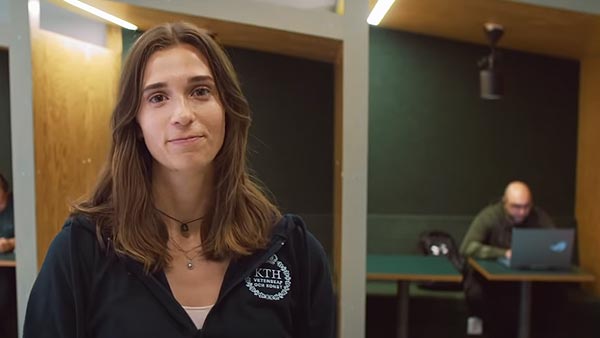MSc Engineering Design
The master's programme in Engineering Design covers product development and its growing complexity driven by rising demands for functionality, sustainability and innovation. You will acquire essential technical and organisational skills for the successful development and engineering of a wide range of technical products.

Engineering Design with specialisation in Machine Design
The master's programme in Engineering Design provides tools, models and methodologies for designing mechanical products and industrial systems.

The first semester starts with courses introducing various aspects of engineering design and enhancing essential skills within the subject. For the second and third semesters, you will learn how to create, select, dimension, optimise and verify high-quality and cost-effective technical products. We supply these skills through efficient aid and support from industrially relevant, state-of-the-art tools and methods. Students learn to develop and engineer innovative technical systems and high-performing components and acquire a holistic design approach and specialist knowledge. The programme culminate in the advanced project courses that tackle real-life industrial challenges or research problems in close cooperation with industrial companies. Throughout the programme, traditional lectures, exercises, seminars, assignments and laboratory experiments are learning tools in the courses.
Students in the programme will specialise in Machine Design. You will learn how to create, select, dimension, optimise and verify high-quality and cost-effective technical products. We supply these skills through efficient aid and support from industrially relevant, state-of-the-art tools and methods. The programme focuses on developing and engineering innovative technical systems and high-performing components and relies on a holistic design approach and specialist knowledge.
Your degree will conclude with an individual degree project in which you work closely with local industry or a KTH research group.
This is a two-year programme (120 ECTS credits) given in English. Graduates are awarded the degree of Master of Science. The programme is given mainly at KTH Campus in Stockholm by the School of Industrial Engineering and Management (at KTH).
Students
Find out what students from the programme think about their time at KTH.

Career
The master's programme in Engineering Design gives you the competence and ability to identify complex engineering and technical problems and to solve those using modern methods and tools. You will be well prepared to work in product development, engineering design or research within leading companies or academia. Some key industries and sectors for graduates involve vehicles (road, rail, air, off-road), industrial automation (robotics, processes, electronics, tools), and medical engineering (aids for people with disabilities, life-support systems, simulators). Graduates from the programme work at, for example, Scania, ÅF, ABB, Saab, Bombardier, Atlas Copco, Volvo Construction Equipment, Volvo Cars, Electrolux, and smaller medical engineering and consulting companies. The programme also opens the way for a possible career in academia, as many graduates go on to doctoral studies.

Sustainable development
Graduates from KTH have the knowledge and tools for moving society in a more sustainable direction, as sustainable development is an integral part of all programmes. The three key sustainable development goals addressed by the master's programme in Engineering Design are:



Affordable and clean energy
There is a shift to focusing on developing methods and products that can harness natural power sources such as the sun, wind and ocean waves. Studies in this master's programme will give the student an understanding of the subject and the ability to be part of a development team working for future clean energy generation.
Industry, innovation and infrastructure
Innovation is essential to build a new complementary infrastructure for future sustainable transportation to meet both the needs of industry and the daily needs of ordinary people. This study programme will give the student an understanding of the subject and the ability to deal with these issues after graduation.
Responsible consumption and production
One important issue we have to face in future is that resources are limited, and alternative sustainable production and consumption is essential. After completing this programme, you will have an understanding of the subject and the ability to design and manufacture products with a high level of recyclability and reuse, thus having higher sustainability.
These goals will be addressed both as embedded activities and project tasks, as well as separate courses in the programme.
Faculty and research
The Department of Machine Design coordinates the programme and supplies a majority of the courses. The research at the department is largely directed towards supporting the transition to a more sustainable society. The unit in the department which is responsible for this master programme is the Systems and Component Design unit.




